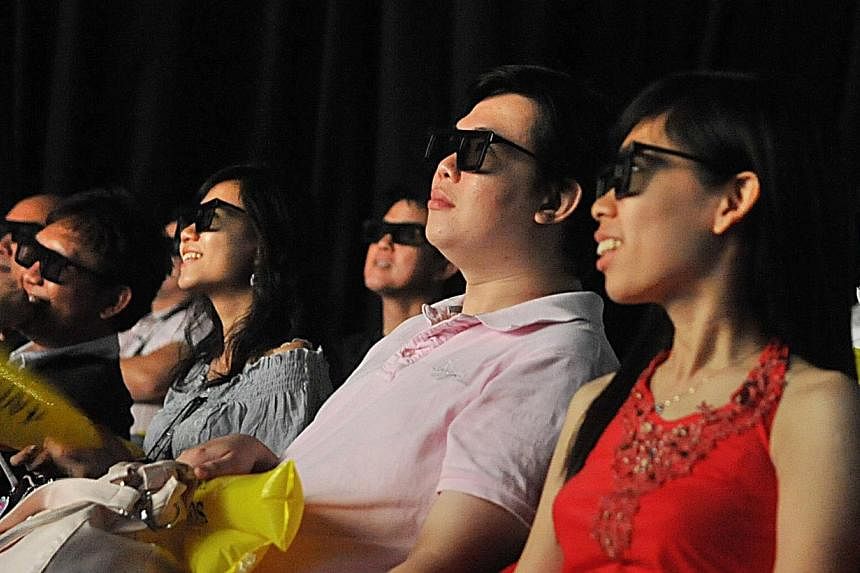Paris (AFP) - A French health watchdog recommended Thursday that children under six be denied access to 3-D films, computers and video games, and that those up to 13 have "moderate" access.
The advice is based on a "pioneering" analysis of scientific research into the possible impacts of 3-D imaging on the developing eye, the agency ANSES said.
It pointed to an explosion of 3-D technology in gadgets, now also in mobile phones.
ANSES "recommends that children under six, whose visual system is still developing, not be exposed to these technologies, and that use by children under 13 be moderate", it said in a statement.
ANSES pointed to disruption in "vergence-accommodation" - when a person focuses both eyes on the subject they are looking at.
When watching a 3-D presentation on screen, the process of assimilating a three-dimensional effect is different.
The eyes are required to look at images in two different places at the same time before being married into a single image by the brain.
"In children, and particularly before the age of six, the health effects of this vergence-accommodation conflict could be much more severe given the active development of the visual system at this time," said the statement.
ANSES official English name is the French Agency for Food, Environmental and Occupational Health & Safety.
It makes recommendations, although these are not necessarily taken up by the government into policy or law.
Specialists have raised questions about the safety of 3-D technology for child vision, but these concerns have rarely been formulated into guidelines - and even more rarely into policy.
Italy stands out as a country whose health ministry has sought to restrict the use of 3-D glasses by young children - translating a similar recommendation by its national health agency into an official circular dated July 31 last year.
Games-maker Nintendo on its website says: "Viewing of 3-D images by children six and under may cause vision damage", and advises use of the parental control feature on consoles "to restrict the display of 3-D images for children 6 and under". Samsung, for its part, says prolonged 3-D television viewing has the same straining effects as traditional TV.
The American Optometric Association on its website says no detrimental effects from 3-D viewing had been reported at any age.

